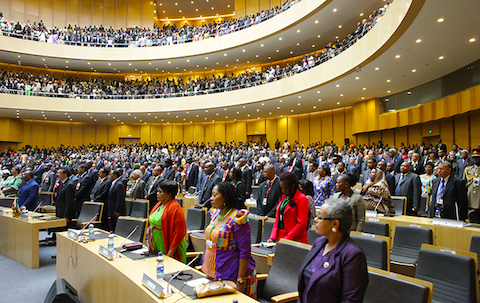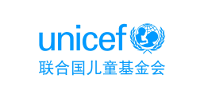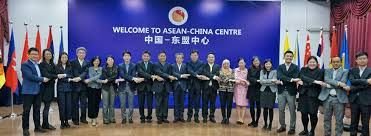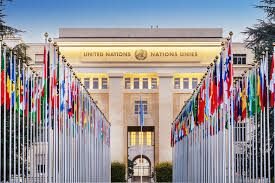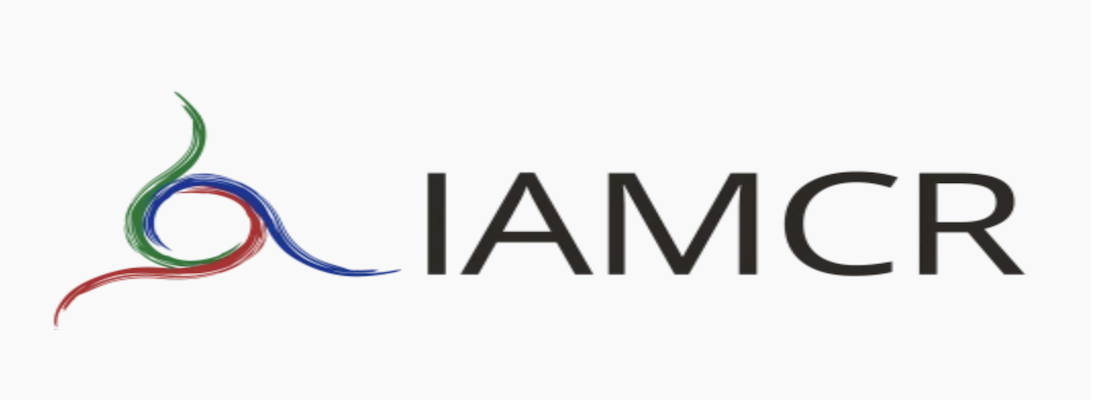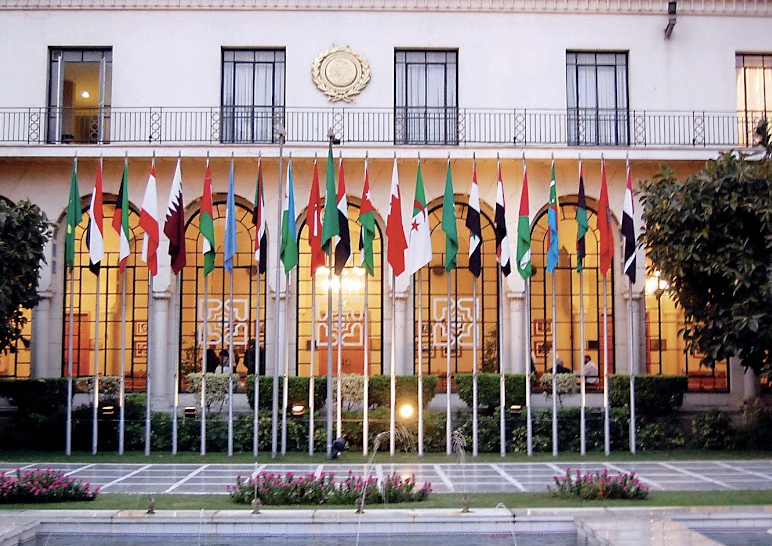World Tourism Organization
The United Nations World Tourism Organization, rebranded as UN Tourism in 2023, is a specialized UN agency headquartered in Madrid, Spain, that promotes responsible, sustainable and universally accessible tourism worldwide. Established in 1975, it serves as a global forum for tourism policy and research, encouraging competitiveness, innovation, education, investments, and digital transformation in the tourism sector. The organization operates with 160 member states, six associate members, and over 500 affiliate members, conducting business in six official languages: Arabic, Chinese, English, French, Russian, and Spanish. Notable non-members include the United States, United Kingdom, Canada, and Australia, with several countries having withdrawn from membership over different periods. Prior to the COVID-19 pandemic, tourism represented one in ten global jobs, with international arrivals reaching 1.5 billion in 2019.

